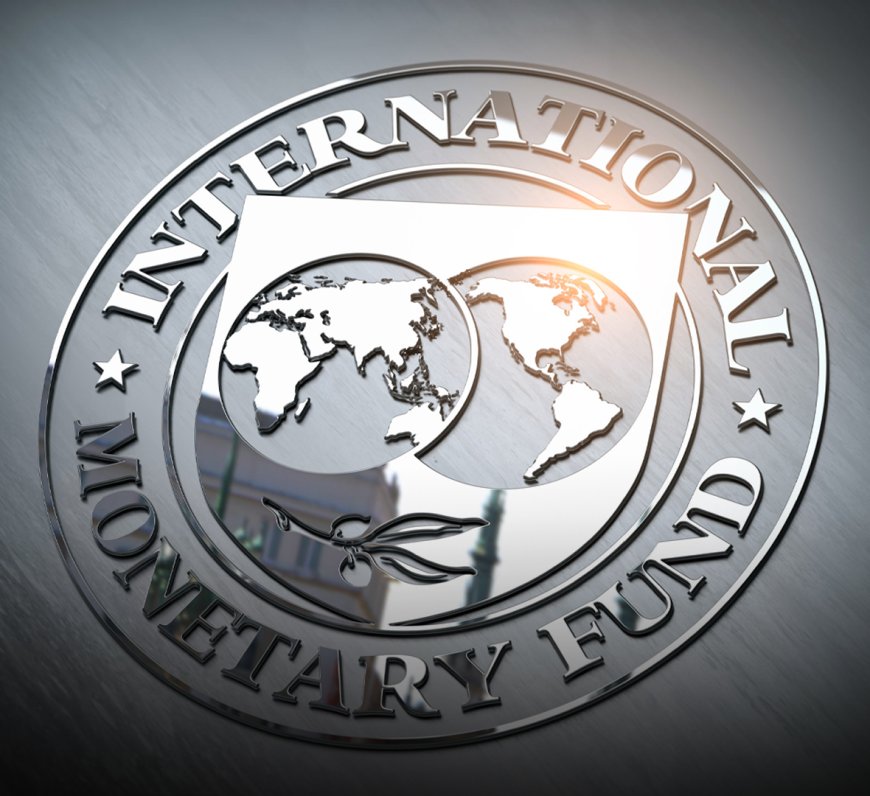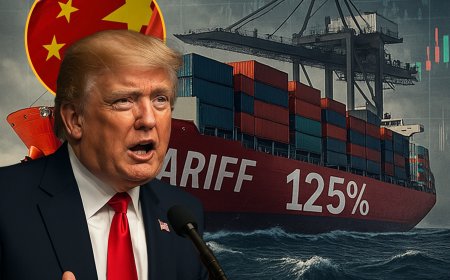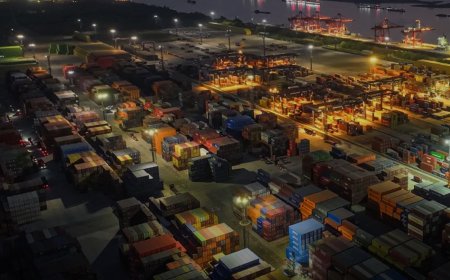IMF Mission Set to Visit Pakistan in Mid-March for Crucial Loan Review Amid Economic Challenges
In a significant development for Pakistan's fragile economy, a team of experts from the International Monetary Fund (IMF) is scheduled to visit the country in mid-March to conduct the first review of its $7 billion loan program.

In a significant development for Pakistan's fragile economy, a team of experts from the International Monetary Fund (IMF) is scheduled to visit the country in mid-March to conduct the first review of its $7 billion loan program. The review is of critical importance, as a successful assessment would pave the way for the release of approximately $1 billion, providing much-needed financial support to the cash-strapped South Asian nation.
Pakistan, which narrowly avoided a sovereign default in June 2023 by securing a last-minute $3 billion bailout from the IMF, is currently making efforts to stabilize its economy and rebuild its foreign exchange reserves. The country is striving to meet the IMF’s three-month import cover threshold, a key requirement that ensures economic stability and prevents financial crises.
IMF’s Mid-March Review: A Make-or-Break Moment for Pakistan
The IMF’s upcoming review mission is expected to assess Pakistan’s progress in implementing the Extended Fund Facility (EFF). The discussions will focus on taxation targets, structural reforms, energy sector adjustments, and better management of loss-making state-owned enterprises (SOEs).
IMF’s Resident Representative in Pakistan, Mahir Binici, confirmed the visit, stating:
"An IMF staff team is scheduled to visit Pakistan in early to mid-March for discussions around the first review under Pakistan’s Extended Fund Facility-supported program."
Pakistan’s Economic Reforms and Compliance with IMF Conditions
To fulfill the IMF’s stringent requirements, Pakistan has introduced several reforms across various sectors. These include:
✅ Taxation Reforms: The country has taken significant steps in enhancing tax collection mechanisms, with provincial governments in Punjab, Sindh, Khyber Pakhtunkhwa, and Balochistan enacting laws to tax farm incomes in compliance with the lender’s demands.
✅ Energy Sector Adjustments: Measures to reduce circular debt and energy losses are underway, ensuring efficient revenue collection and minimizing financial mismanagement.
✅ State-Owned Enterprises (SOEs) Restructuring: Pakistan has initiated efforts to reform loss-making government enterprises, preventing them from being a burden on the national economy.
Speaking about Pakistan’s readiness for the IMF review, Finance Adviser Khurram Schehzad stated:
"We are fully prepared to go into the review process. The IMF is on board with the targets and benchmarks that we have achieved, as well as the few that we are still chasing."
Pakistan Seeks Additional $1.5 Billion Under IMF’s Climate Resilience Program
In addition to the ongoing loan program, Pakistan has also requested an additional $1.5 billion under the IMF’s Resilience and Sustainability Facility (RSF). The RSF is designed to help nations deal with climate-related challenges and strengthen their resilience to environmental disasters.
Confirming the discussions, IMF’s Mahir Binici revealed:
"A technical team will be in Pakistan starting in late February to discuss technical issues related to a possible RSF arrangement."
Pakistan has ranked among the most vulnerable countries to climate change, as highlighted in the Global Climate Risk Index. The devastating 2022 floods affected nearly 33 million people and caused over 1,700 fatalities, with economic damages estimated at billions of dollars. The country’s high debt burden and financial struggles have made it difficult to effectively respond to such disasters, making the RSF loan essential for long-term sustainability.
The Road Ahead: Challenges and Expectations
Pakistan's economic roadmap remains challenging, with high inflation, currency depreciation, and external debt obligations weighing heavily on the economy. The upcoming IMF review in mid-March will serve as a crucial indicator of whether Pakistan is on track to secure the next loan installment and maintain financial stability.
The approval of $1 billion under the EFF program and the potential acquisition of $1.5 billion under the RSF initiative could significantly bolster Pakistan’s foreign reserves, ensuring the government has adequate fiscal space to navigate economic headwinds. However, continued compliance with IMF conditions will be necessary for Pakistan to regain investor confidence and achieve long-term economic sustainability.
Conclusion
With the IMF’s mid-March visit fast approaching, Pakistan finds itself at a critical juncture in its economic recovery journey. The next few weeks will determine whether the country can successfully meet IMF requirements, secure much-needed funds, and prevent further financial distress. The stakes are high, and the government’s ability to deliver on key economic reforms will shape Pakistan’s financial future in 2025 and beyond.
What's Your Reaction?











































































































